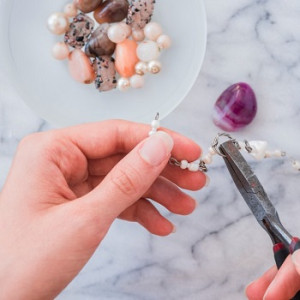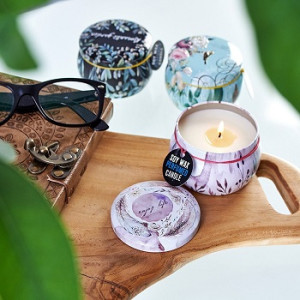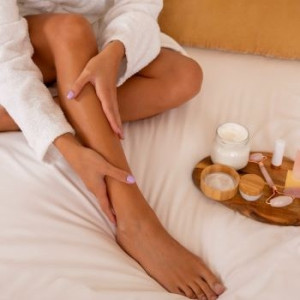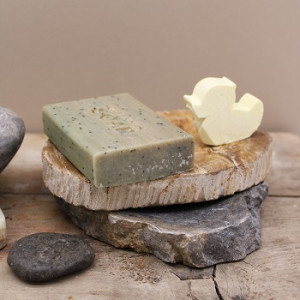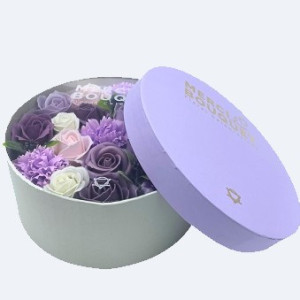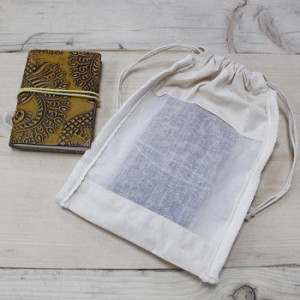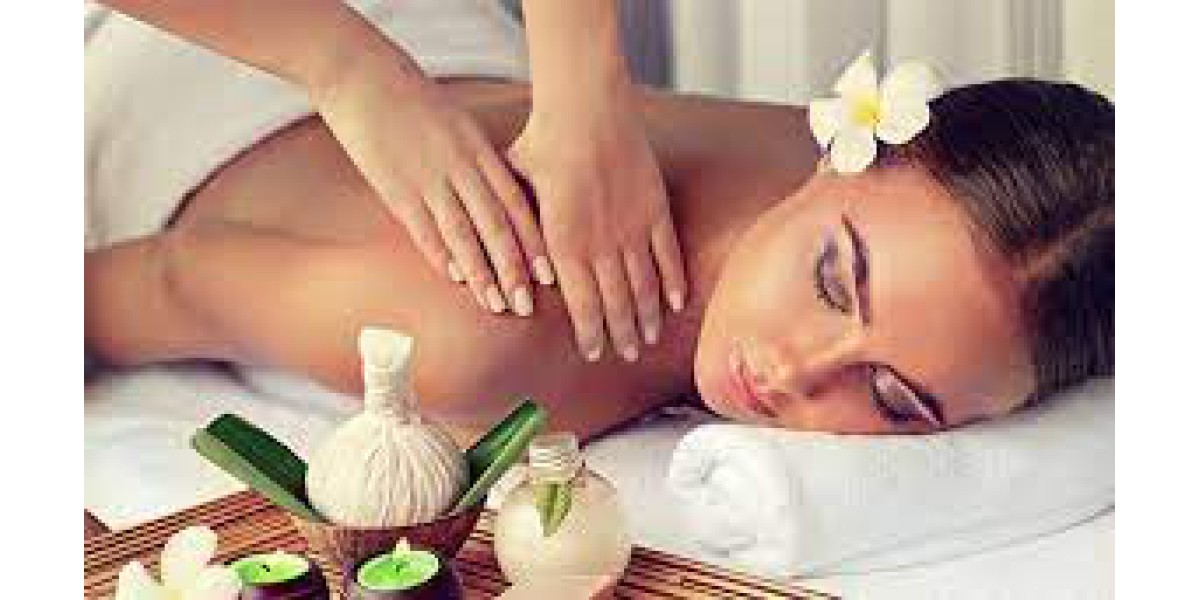¡Trabajas a distancia y sientes que el estrés se acumula! ¡Era como si fuera más simple cuando ibas a la oficina y tenías un colega a tu lado para quejarte cuando el sistema no funcionaba o la carga de trabajo era demasiado alta!
¡La aromaterapia puede ser tu aliada en esta situación!
Que es la aromaterapia?
La aromaterapia es una forma de terapia complementaria que utiliza los aceites esenciales extraídos de plantas, flores, hierbas y árboles para promover la salud y el bienestar. Los aceites esenciales son compuestos altamente concentrados que contienen propiedades terapéuticas de las plantas de las que se extraen.
Se cree que estos aceites pueden tener efectos beneficiosos en el cuerpo y la mente.
La aromaterapia se ha utilizado durante siglos en diferentes culturas alrededor del mundo. Los aceites esenciales se pueden utilizar de varias maneras, como inhalación, aplicación tópica y a veces incluso ingestión (bajo la guía de un profesional capacitado).
La aromaterapia puede ser una herramienta útil para reducir el estrés mientras trabajas de forma remota.
Aquí tienes 5 consejos sobre cómo utilizar la aromaterapia para aliviar el estrés durante el trabajo telemático:
1.Utiliza en tu rutina diaria productos que contienen aceites esenciales relajantes:
Algunos aceites esenciales conocidos por sus propiedades relajantes incluyen la lavanda, el incienso, la manzanilla, el bergamota y el ylang-ylang.
Comenzando por la mañana con una ducha energizante con nuestro Jabon Artesanal Agnes+Cat - Cítricos Frescos y terminando por la noche con un baño relajante con Velas para Aromaterapia y un masaje con nuestro Jabon masaje individual - Lavanda y lila
Puedes elegir uno o combinar varios aceites para crear tu propia mezcla relajante!
2. Utiliza un difusor o granulos aromaticos para tu casa:
Un difusor de aceites esenciales es una forma efectiva de dispersar los aromas en tu entorno de trabajo. Añade unas gotas de tu aceite esencial elegido al difusor y déjalo funcionar mientras trabajas. Respirar los aromas suavemente puede ayudarte a relajarte y reducir el estrés.
Puedes encontrar aquí nuestra oferta de difusores y granulados aromáticos para el hogar.
3. Realiza inhalaciones directas:
Si no dispone de difusor, puede inhalar directamente los aceites esenciales del frasco o aplicar unas gotas en nuestro difusor especial en forma de pulseras y collares. Luego, acerca tus manos a tu cara y respira profundamente varias veces. Esto puede ayudarte a calmar los nervios y reducir el estrés.
4. Crea un ambiente tranquilo:
Además de los aromas, puedes complementar la aromaterapia creando un ambiente tranquilo en tu espacio de trabajo.
Utiliza luces suaves o velas aromáticas, pon música relajante de fondo o incluso utiliza una lámpara de sal del Himalaya para crear una atmósfera relajante.
5. Tómate descansos aromáticos:
Programa pequeños descansos durante tu jornada laboral para disfrutar de la aromaterapia.
Puedes utilizar ese tiempo para inhalar profundamente las aromas, aplicar una mezcla de aceites esenciales en tus muñecas o cuello, o simplemente relajarte y cerrar los ojos durante unos minutos.
Aquí hay una lista de los 20 aceites esenciales más utilizados en aromaterapia:
- Lavanda: Calmante, calmante y favorece la relajación.
- Menta: Tonificante, energizante y ayuda con el enfoque y la digestión.
- Árbol de té: antiséptico, antibacteriano y favorece la salud de la piel.
- Eucalipto: Apoyo respiratorio, despeja la congestión y tiene un aroma refrescante.
- Limón: Edificante, refrescante y tiene propiedades limpiadoras.
- Manzanilla (romana o alemana): calmante, antiinflamatoria y excelente para el cuidado de la piel.
- Incienso: Conexión a tierra, promueve la meditación y apoya la salud de la piel.
- Romero: Estimulante, mejora la memoria y apoya el crecimiento del cabello.
- Naranja: Edificante, mejora el estado de ánimo y ayuda a la digestión.
- Rosa: Antioxidante, antimicrobiana, con efecto regenerador.
- Ylang Ylang: Relajante, afrodisíaco y ayuda con el estrés y la ansiedad.
- Bergamota: Edificante, equilibrante y promueve una sensación de bienestar.
- Geranio: equilibrante, apoya la salud de la piel y puede mejorar el estado de ánimo.
- Pomelo: reduce la presión arterial y alivia el estrés
- Pachulí: Conexión a tierra, afrodisíaco y apoya el cuidado de la piel.
- Lemongrass: Tonificante, repelente de insectos y con un aroma fresco.
- Sándalo: Conexión a tierra, promueve la meditación y apoya la salud de la piel.
- Jazmín: alivia la ansiedad, hidrata la piel, revive los síntomas del síndrome premenstrual
- Baya de enebro: limpieza, favorece la digestión y puede mejorar el estado de ánimo.
- Jengibre: calienta, favorece la digestión y alivia las náuseas.
Recuerda que cada persona es diferente, por lo que es importante encontrar los aceites esenciales y las técnicas de aromaterapia que mejor funcionen para ti. Si experimentas alguna reacción alérgica o incomodidad, deja de utilizar los aceites y consulta a un profesional de la salud.
DESCARGO DE RESPONSABILIDAD:
La información proporcionada en este artículo es solo para fines educativos. Las propiedades ocultas de las hierbas se proporcionan únicamente con fines históricos. Para posibles tratamientos de enfermedades físicas o mentales, busque un profesional de la salud capacitado y autorizado. Nirami no es responsable de ningún efecto secundario adverso que resulte del uso de cualquiera de las sugerencias, productos, preparaciones o procedimientos mencionados o del seguimiento de los usos históricos de los aceites esenciales.


